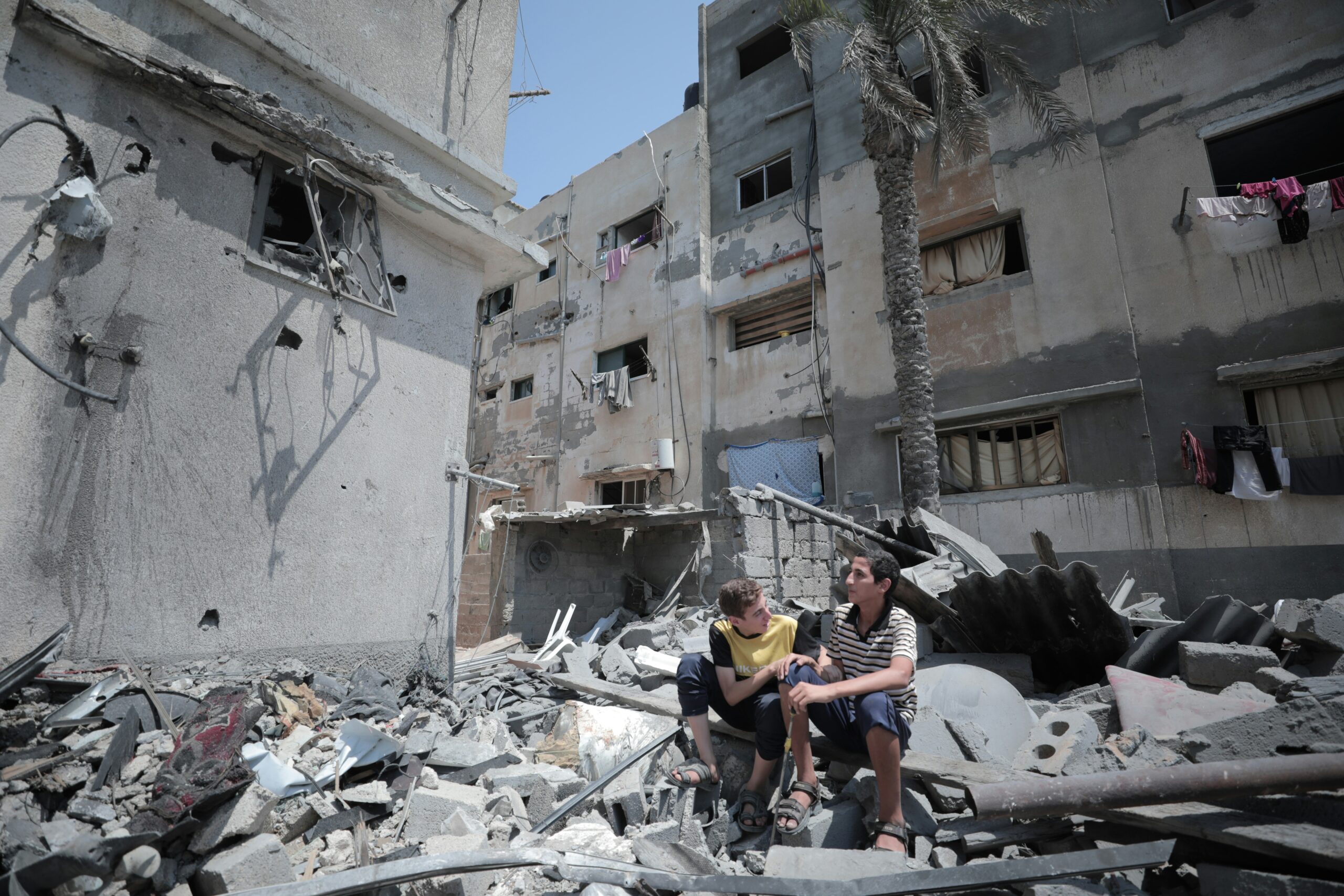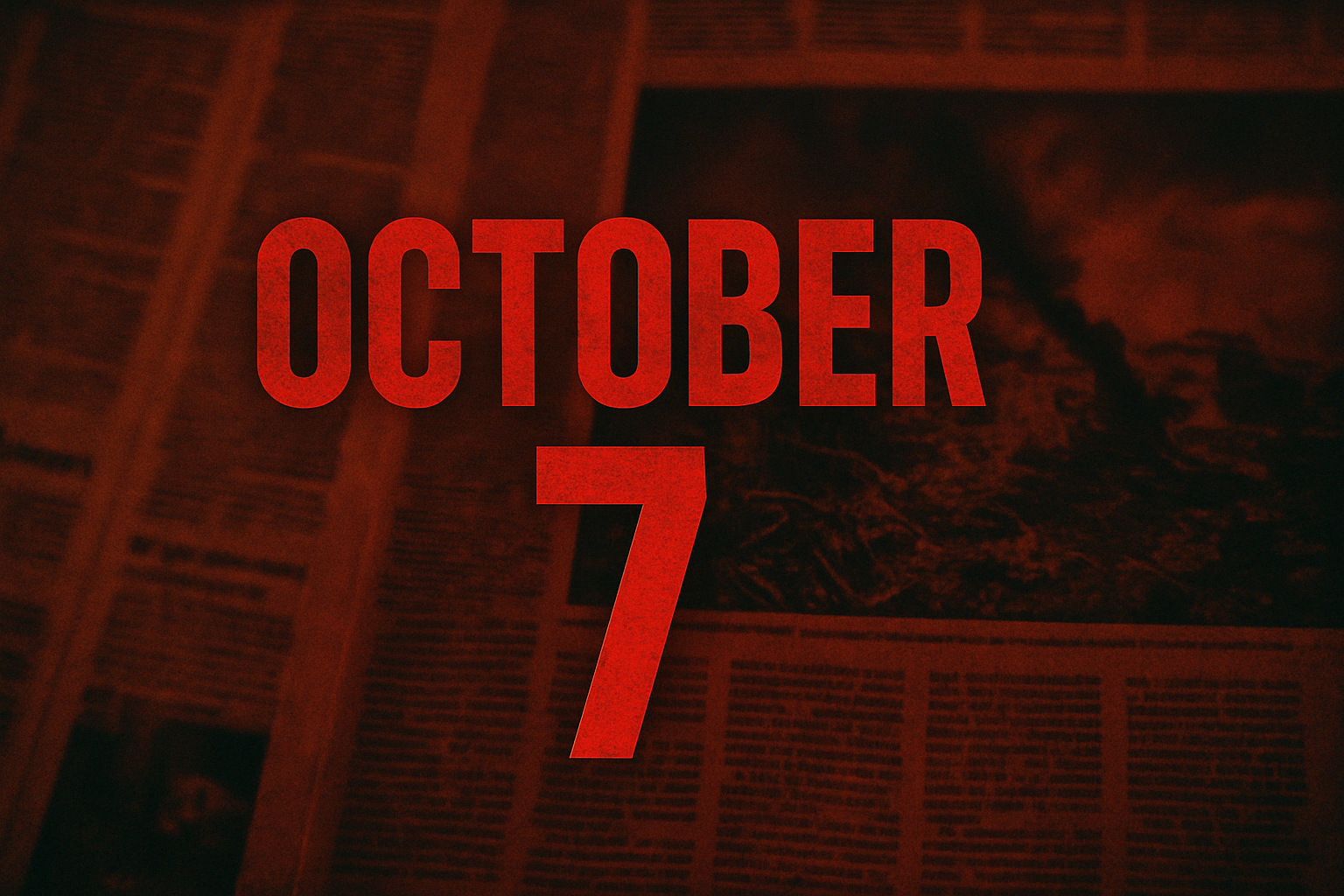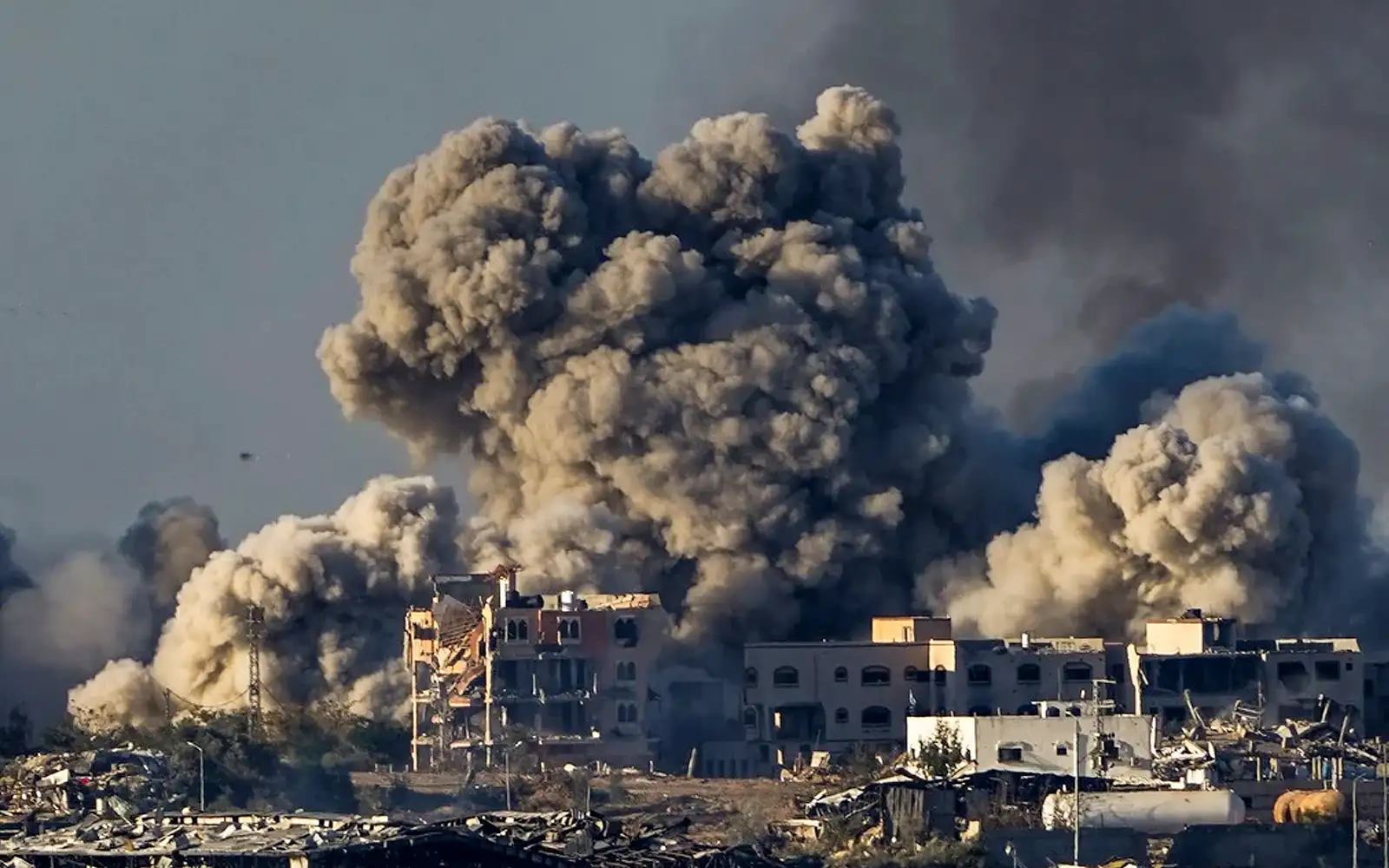In 1943, the Warsaw Ghetto Uprising stood as a symbol of human resistance against absolute tyranny. Surrounded by walls, deprived of food, and subject to systematic extermination, Jews in the Warsaw Ghetto rose up with homemade weapons and burning conviction. They fought not for victory, but for dignity in the face of annihilation.
Today, a different people in a different place face another overwhelming force. In Gaza, where over two million Palestinians live under blockade, the conditions imposed by the Israeli state bear disturbing resemblance to policies once used against Jews. The world, once resolute in saying “Never Again,” now averts its eyes from actions that echo a playbook of domination and dehumanization.
The Forgotten Survivors
To understand the cruelty of this contradiction, we must begin with the survivors. Holocaust survivors are often invoked in Israeli rhetoric, moral shields for military aggression. But behind the symbolism lies a sobering truth: one in three Holocaust survivors in Israel lives in poverty. Many are isolated, underfed, and neglected. They are paraded on Holocaust Remembrance Day, only to return to lives of systemic abandonment. Their trauma is memorialized; their wellbeing, ignored.
This dissonance matters. It reveals that the Israeli state does not act as a community of survivors. It acts as a state built on trauma, now wielding that trauma as justification while abandoning its own victims and creating new ones in Gaza.
Ghettoization and Restricted Movement
In Nazi-occupied Poland, Jews were forced into ghettos, walled sections of cities, overcrowded and cut off from the rest of society. In Gaza, Palestinians are fenced in by land, sea, and air. They cannot leave without permission. Fishermen are shot at for crossing invisible lines at sea. Medical patients die waiting for permits. Gaza is not a ghetto in name, but in function, it is the same.
Collective Punishment as Policy
When Jewish fighters in Warsaw resisted their captors, the Nazis razed the ghetto. Every act of resistance was met with collective punishment. In Gaza, a single rocket invites airstrikes that destroy entire neighborhoods. Infrastructure is reduced to rubble. Hospitals, schools, and homes are obliterated. This is not precision warfare, it is reprisal at scale.
In Warsaw, Nazis controlled the flow of food and medicine, engineering famine and disease to weaken the population. In Gaza, Israel imposes a calculated blockade. A 2012 report revealed that Israel once used a calorie-counting formula to determine the bare minimum food Gaza should receive, enough to avoid outright famine, but never enough for human dignity. That policy has evolved, but the blockade remains.
Psychological Warfare
In both contexts, fear is weaponized. In Warsaw, bombardments and disappearances crushed morale. In Gaza, sonic booms, surveillance drones, and “roof-knock” bombs, small detonations meant to warn of larger strikes, form a constant, grinding mental pressure. The goal is not just control, but psychological erosion.
History views the Warsaw fighters as heroes. They fought against impossible odds, driven by the simple belief that death in resistance was better than submission. Today, Palestinians who resist, whether violently or not, are labeled terrorists. Their desperation is treated not as evidence of their oppression, but as proof of their inherent threat. The world that once praised Jewish resistance now criminalizes Palestinian struggle.
Conclusion: History Doesn’t Repeat, But It Rhymes
Israel is not Nazi Germany. Gaza is not Warsaw. But when the mechanisms of control, punishment, and dehumanization align, we must acknowledge the echoes. We must confront the moral dissonance of a state that claims to rise from genocide while replicating its methods. And we must listen not just to the history that flatters us, but to the voices in Gaza and in the neglected corners of Israel where true survivors live, abandoned.
“Never Again” cannot mean “Never again to us” – while it happens to others, in our name.
Author
Discover more from The Crustian Daily
Subscribe to get the latest posts sent to your email.













